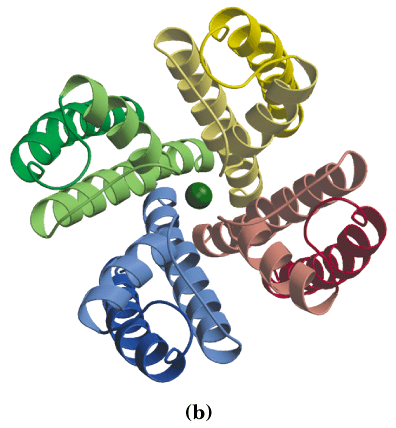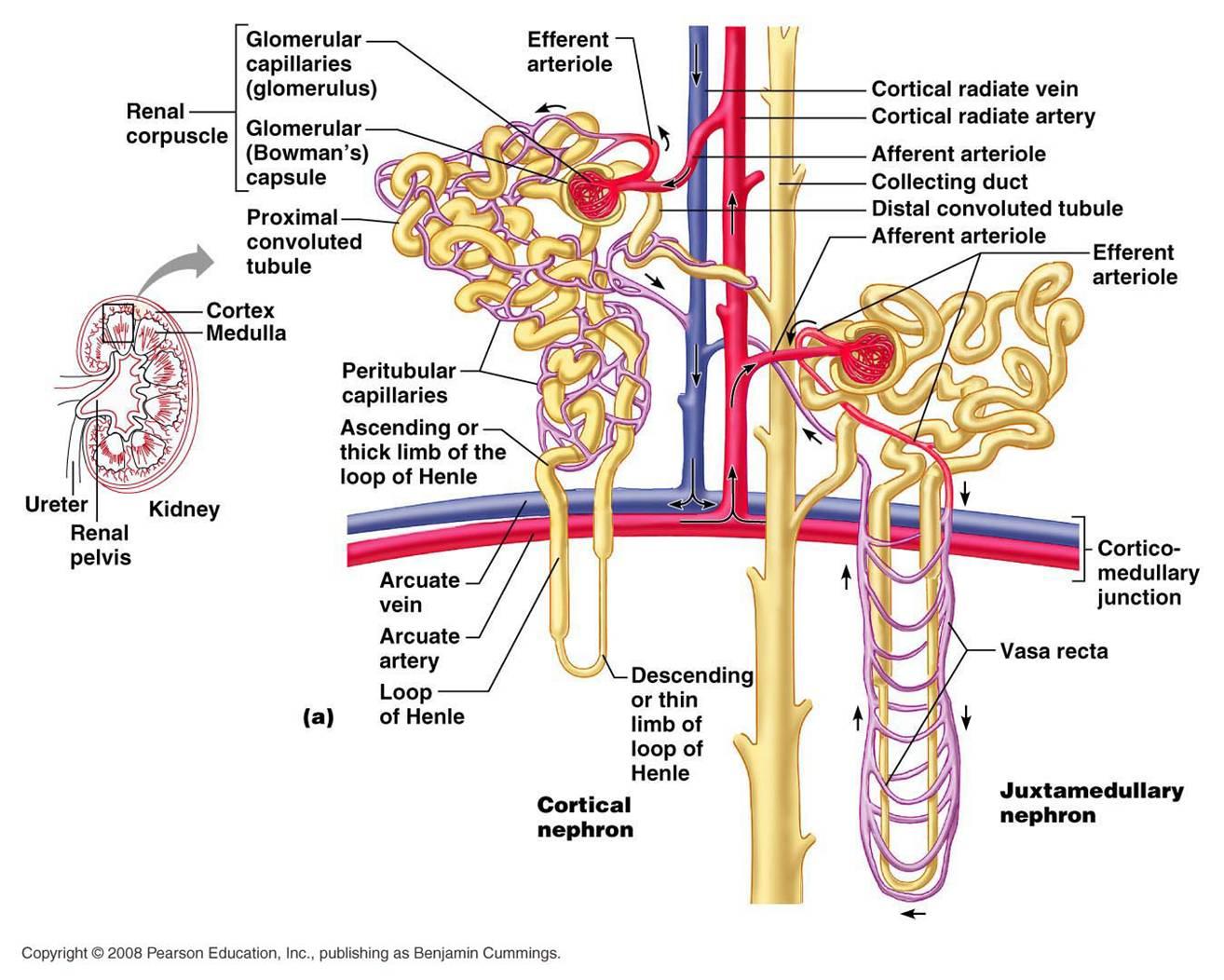Understanding Compositional Explanations in the Sciences
Understanding the nature of “vertical” relations whether in science, nature, mathematics, logic, or anywhere else, is a hot topic in philosophy. What is unfortunate is that, as yet, too little attention is paid to focused issues about what frameworks work best for the “vertical” relations in particular areas. However, it …







